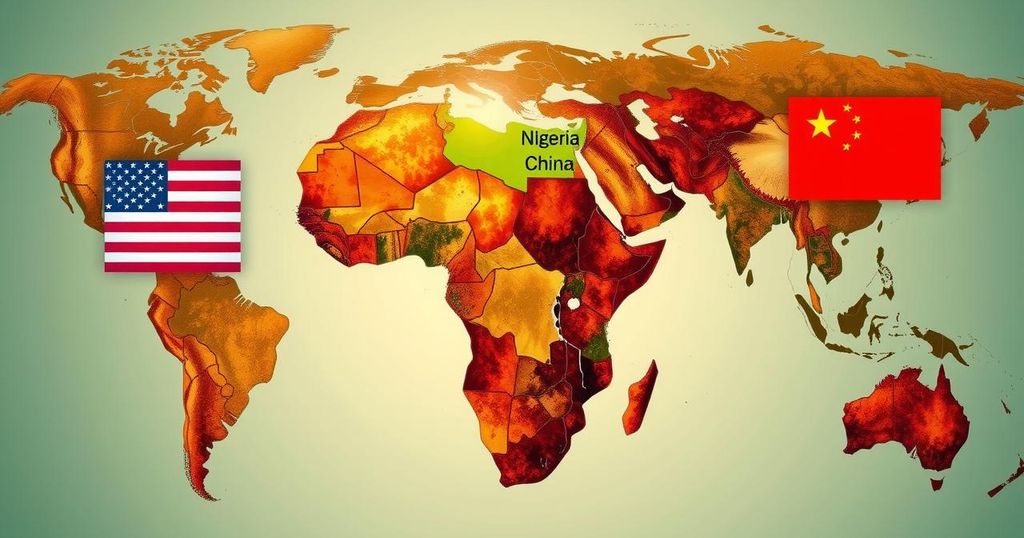Senegal’s ruling Pastef party claims a decisive victory in legislative elections, with early results indicating it has outperformed opposition groups. Amid peaceful voting, President Bassirou Diomaye Faye aims to pursue a reform agenda focused on economic transformation and social justice. Voter turnout was reportedly lower than in previous presidential elections, as the country grapples with high unemployment and inflation amidst political changes.
Senegal’s ruling Pastef party has declared a significant victory in the recent legislative elections, which took place on Sunday. This election result, revealed after peaceful voting and with 90-95% of ballots counted, is expected to provide the ruling party with a mandate to pursue its reform agenda. Under the leadership of President Bassirou Diomaye Faye, the party claims it outperformed opposition parties in initial results, reinforcing its political position just eight months after taking power. The elections followed a period of political maneuvering, as Faye sought to overcome an opposition-led parliament that had hindered his administration’s early initiatives. Subsequently, he dissolved the parliament and called for snap elections to secure a parliamentary majority. Voter turnout, although lower than the previous presidential election, reflected a desire among constituents, particularly the youth, for change through active participation in democracy. In his address following the elections, government spokesman Amadou Moustapha Ndieck Sarre expressed gratitude, stating, “I pay homage to the Senegalese people for the large victory that it has given to Pastef.” The turn of events is viewed through the lens of escalating economic challenges facing the population, with high rates of unemployment and inflation prompting urgent reforms for improvement in living conditions. The political landscape remains complex, with the opposition regroups under former President Macky Sall, who has alleged electoral fraud by the ruling party. Amid rising tensions, an anxious public is looking to the elected officials to tackle pressing issues such as economic stability and social justice, while maintaining a tradition of peaceful democratic conduct in this stable West African nation. President Faye and Prime Minister Ousmane Sonko advocate for a pan-African leftist agenda, committing to economic diversification and a review of contracts to restore national sovereignty. The Faye administration has initiated steps to reform public finances and adjust prices of essential goods to alleviate economic pressures. Overall, the recent elections signify a critical moment in Senegal’s political evolution, as the ruling party seeks to fulfill its promises amidst a backdrop of societal expectations and economic challenges.
The recent legislative elections in Senegal have positioned the ruling Pastef party for a solid governmental mandate, as they strive to implement an ambitious reform agenda. The elections followed a politically turbulent period, including the dissolution of an opposition-led parliament and the call for snap elections. The governing party seeks to address economic challenges that have left the population, particularly the youth, grappling with high unemployment and inflation. Given Senegal’s reputation for democratic stability in a region plagued by political unrest, these elections are pivotal not only for governance but also for maintaining social harmony in light of socio-economic conditions.
In conclusion, Senegal’s legislative elections have resulted in an asserted victory for the ruling Pastef party, reinforcing its capacity to advance reform agendas aimed at addressing pressing economic hardships. As the nation witnesses a continued push for political stability and effectiveness, the outcome signifies both the public’s commitment to democracy and the transformative challenges that lie ahead for the newly empowered government. The need for economic reform and social justice remains paramount, as citizens express their hopes for substantial changes and improvements in their lives under this new political mandate.
Original Source: www.france24.com




